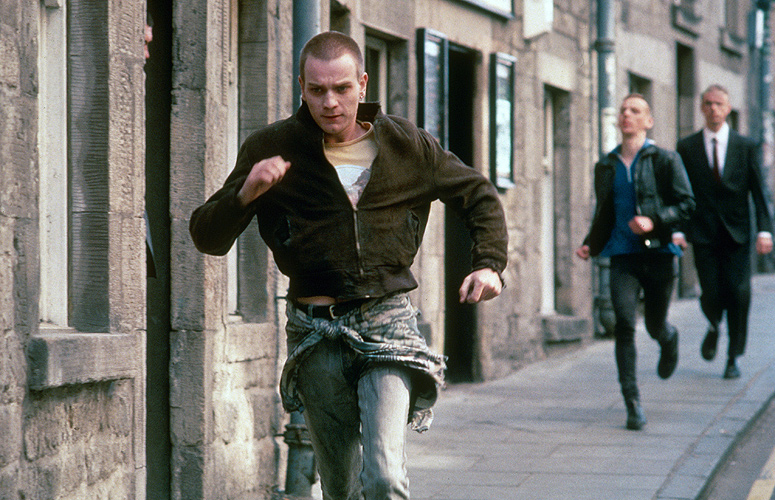
In the labyrinthine world of film and television, where grand visions meet logistical realities, the figure of the producer often remains an enigma to those outside the inner circles. Far from a singular, monolithic role, the title “producer” is a complex tapestry woven with diverse responsibilities, each crucial to transforming a mere concept into a polished, screen-ready deliverable. From the initial spark of an idea to the final flicker on a screen, producers are the indefatigable architects, bridging creative ambition with practical execution.
They are the backbone of every video and film project, whether it’s a Hollywood feature, an indie documentary, a scripted TV show, or a corporate brand video. They navigate the choppy waters of funding, talent acquisition, scheduling, and crisis management, ensuring that a project not only stays on track but also achieves its artistic and commercial potential. Understanding the multifaceted nature of this role is key to appreciating the intricate dance that brings stories to life.
To truly grasp the monumental effort behind every credit roll, it’s essential to dissect the various types of producers and the specific expertise they bring to the table. This deep dive into the production hierarchy reveals how each specialized role contributes to guiding the production process, ensuring development through post-production runs smoothly, and ultimately delivering a final product that meets rigorous industry standards. Let’s pull back the curtain on some of the most pivotal producer roles that shape the entertainment industry today.

1. Executive Producer (EP)
At the apex of many production hierarchies sits the Executive Producer, a role synonymous with strategic oversight and financial stewardship. This individual, or often a team, is tasked with the overarching responsibility of overseeing all other producers within a specific project, ensuring the entire endeavor remains steadfastly on track. Their influence often begins even before a single frame is shot, playing a critical role in securing the necessary funding that breathes life into a project and forging crucial distributor relationships that promise its eventual reach.
In the high-stakes realm of feature films, executive producers frequently emerge from the ranks of studio executives or act as independent financiers, often based in industry hubs like Los Angeles or New York, who are prepared to back the project financially. Their involvement is not merely monetary; they are typically the ones setting the broad objectives, reviewing high-level budgets, and exercising significant creative decision-making power. Ultimately, the final green light for delivery often rests in their hands, making them pivotal gatekeepers of a project’s destiny.
For commercial ventures, the executive producer might be the visionary who successfully brings a major client or brand on board, essentially catalyzing the entire production. An example from the trenches, Tim Hull, an Executive Producer at Noble Bison Productions, perfectly encapsulates this dynamic role by securing locations, acquiring permits, managing budget priorities, and working closely with clients to ensure each project meticulously aligns with their brand vision and budget. Their blend of business acumen and broad project understanding makes them indispensable to a production’s inception and success.
Read more about: The Common Sense Guide to Building a Versatile Career: Lessons from a Hip-Hop Icon

2. Creative Producer
While the Executive Producer often focuses on the broader business canvas, the Creative Producer delves deep into the artistic soul of a project. Their primary directive is to champion story development and shepherd the overall creative process, ensuring that the initial narrative vision blossoms into a coherent and compelling cinematic experience. This role demands a delicate balance of artistic sensibility and practical insight, as they meticulously work to maintain narrative consistency across every scene and frame.
They operate in close collaboration with the screenwriting team, often becoming a crucial sounding board for refining the screenplay, exploring character arcs, and enhancing dialogue. Their input is instrumental in shaping the story’s trajectory and developing a cohesive visual approach that supports and amplifies the intended message. This collaborative dynamic ensures that the script’s potential is fully realized, preventing any disconnect between the written word and the eventual visual storytelling.
In the nuanced world of documentaries, the Creative Producer’s role expands to include extensive research into subjects, meticulously setting up interviews, and overseeing logistical details that profoundly influence the shoot’s tone and authenticity. Their keen eye for detail and commitment to the core message ensures that the final cut resonates with the intended emotional and intellectual impact, ultimately solidifying the project’s creative vision. It’s their artistic compass that guides the project through its many evolutions, ensuring its soul remains intact.
Read more about: Lights, Camera, Walkout! 15 Times Directors Ditched Major Blockbusters Mid-Production

3. Line Producer
The Line Producer is the logistical linchpin of any production, the architect of the day-to-day operations, ensuring that the grand creative vision remains grounded in fiscal reality. This role is inherently practical, focusing on the meticulous management of the budget and the intricate choreography of the production schedule. They are the ones who translate the screenplay’s narrative into a detailed financial roadmap, breaking it down into individual cost line items.
These line items encompass everything from crew salaries and equipment rentals to location fees, post-production services, and the often-complex world of visual effects. Their expertise in estimating these costs is paramount, allowing the production to allocate resources efficiently and foresee potential financial pinch points long before they arise. This granular understanding of expenditures is critical for maintaining budgetary discipline throughout the demanding production cycle.
During principal photography, the Line Producer is on the front lines, vigilantly overseeing daily expenditures and ensuring that shooting days commence and conclude precisely on time. When the inevitable curveballs of filmmaking arise – be it an unexpected need for specialized VFX post-production or a last-minute location change – it is the Line Producer who swiftly identifies cost-effective solutions to keep the project moving forward without derailing the schedule. Their ability to adapt, negotiate, and problem-solve on the fly is what keeps a production from succumbing to the myriad unforeseen challenges inherent in filmmaking.
Read more about: Lights, Camera, Walkout! 15 Times Directors Ditched Major Blockbusters Mid-Production
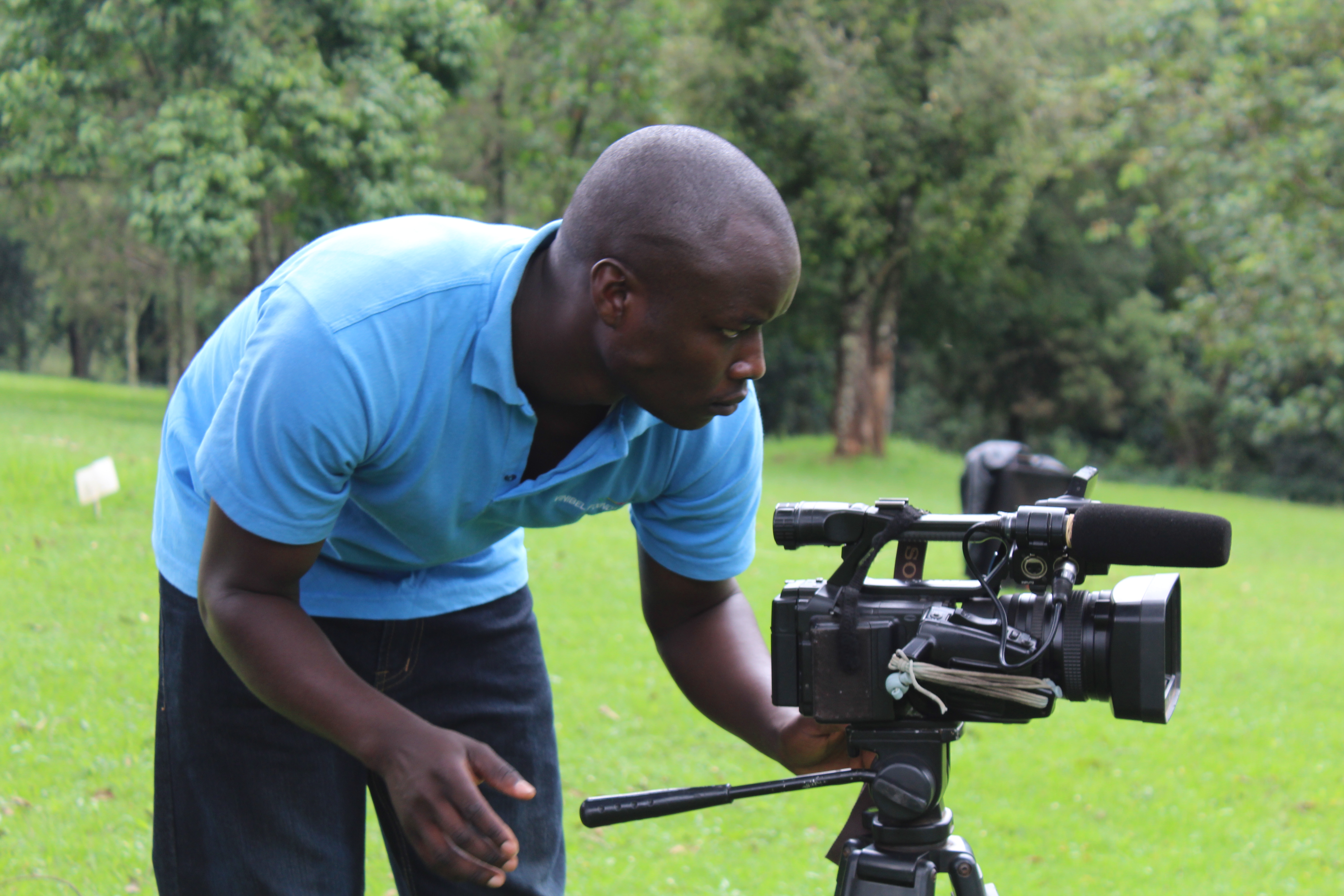
4. Field Producer
When a story takes us beyond the confines of a soundstage and into the vast, unpredictable canvas of the real world, the Field Producer steps up as the indispensable guide and logistical maestro. This specialized role is entirely dedicated to managing on-location shoots, transforming ambitious plans into tangible realities in diverse and often challenging environments. They are the eyes and ears on the ground, orchestrating every detail required to bring external scenes to fruition.
The Field Producer’s responsibilities are extensive and varied, encompassing everything from the crucial task of securing necessary permits and clearances to the vital function of liaising with local contacts. These local connections can be invaluable, unlocking access to unique locations, resources, and even specialized personnel that might otherwise be out of reach. Their ability to navigate local bureaucracies and build rapport with communities is fundamental to a smooth and successful shoot.
Consider, for instance, the intricate logistics involved if one were to film a short film amidst the rugged beauty of the Rocky Mountains. A Field Producer in such a scenario would be invaluable, meticulously arranging drone permits, booking experienced local guides, and ensuring the crew’s safety amidst rapidly changing weather conditions. Their foresight and meticulous planning ensure that the creative team can focus purely on capturing breathtaking footage, knowing that all practical considerations are expertly handled.
Read more about: Jennifer Lawrence’s Indie Renaissance: Unpacking the Buzz, Star Power, and Premiere Impact of ‘Die, My Love’
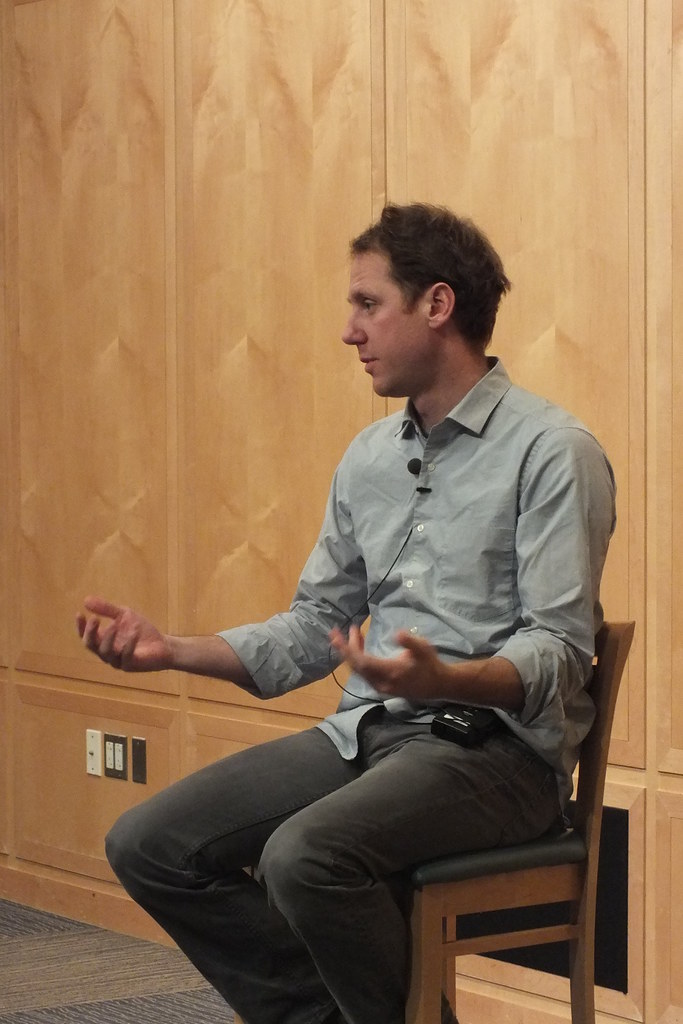
5. Associate Producer (AP)
Nestled within the intricate web of producer roles, the Associate Producer acts as a critical support system, often serving as a linchpin between the senior production team and the day-to-day operations. This role is defined by its versatile nature, as an AP is tasked with handling a multitude of delegated responsibilities from more senior producers, ensuring that various cogs in the production machine turn smoothly and efficiently. They are the reliable hands that often manage crucial, time-sensitive tasks that directly impact a project’s flow.
Their specific duties can be incredibly diverse, reflecting the dynamic needs of any given production. In the context of branded videos or documentaries, an Associate Producer might be responsible for coordinating the seamless delivery of camera files to post-production, a task critical for maintaining the editing workflow. They could also be managing social media assets, ensuring that a project’s digital footprint aligns with its release strategy, or meticulously handling talent releases and clearances, navigating the complex legal landscape of intellectual property and consent.
Essentially, the Associate Producer functions as a vital bridge between the producer’s office and the bustling production team on the ground. They are often instrumental in tracking deadlines for post-production deliverables, ensuring that editors, sound mixers, and visual effects artists receive what they need precisely when they need it. Furthermore, they might ensure that the production assistant has the correct call sheet each morning, a seemingly small detail that is nonetheless crucial for the daily rhythm of a shoot. Their adaptability and diligent execution are essential to keeping the entire production apparatus humming along effectively.
Building on our foundational understanding of the core production roles, we now pivot to explore the specialized functions that add crucial layers of support and expertise to any intricate production. These roles often operate behind the scenes, yet their impact is undeniably central to maintaining narrative consistency, fostering collaborative environments, and meticulously overseeing the daily mechanisms that bring stories to life. From segment-specific mastery to overall logistical orchestration, these producers ensure that every aspect of a project, no matter how granular, is polished and precisely aligned with the overarching vision. Let’s pull back the curtain on the next set of essential roles that keep the gears of the entertainment machine turning.
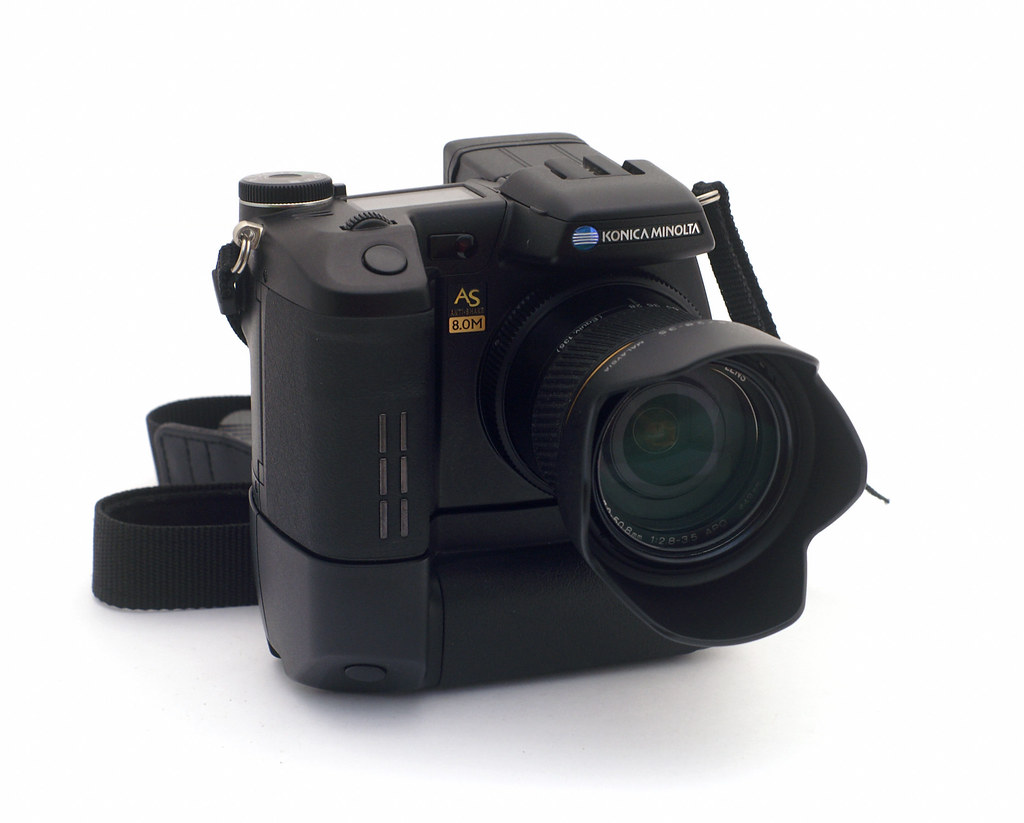
6. Segment Producer
When dealing with multi-part narratives or expansive television programs, the concept of a single producer overseeing every detail can quickly become overwhelming. This is precisely where the specialized expertise of a Segment Producer becomes indispensable. This individual is tasked with the focused, dedicated production of one or more specific segments within a larger film or television production, carving out their own domain within the broader creative landscape.
Their responsibilities are both deep and broad within their assigned section. A Segment Producer meticulously orchestrates every phase, from the initial deep dive into research to the intricate scheduling of interviews and on-location shoots that define their particular segment. They also take charge of the editing process for their designated portion, ensuring that the final output seamlessly integrates into the wider project while maintaining its unique integrity and narrative thrust.
This division of labor is not merely a convenience; it’s a strategic necessity that makes the often-colossal task of managing large film productions or complex multi-segment TV programs genuinely manageable. By empowering Segment Producers with autonomy over their specific areas, the overall production can benefit from concentrated expertise, allowing for higher quality and more focused storytelling within each distinct part of the overarching narrative.
Read more about: Fake It Till You Make It: 14 Epic Kit Cars That Deliver Supercar Thrills on a Budget

7. Supervising Producer
In the fast-paced world of television series production, where consistency and continuity are paramount across numerous episodes, the Supervising Producer emerges as a critical figure. This role is often found at the intersection of creative vision and practical execution, overseeing multiple facets of a series, from the foundational story arcs to the fine-tuning of script revisions, through the editing suites, and into post-production.
Their primary directive is to serve as a crucial coordinator, working in close collaboration with the showrunner, the writing staff, and the directors to ensure an unwavering thread of consistency weaves through every episode. This involves more than just reading scripts; it means guiding narrative development, ensuring character integrity, and making sure that the series’ thematic elements are uniformly presented, episode after episode.
What’s more, the scope of a Supervising Producer can sometimes even extend to fulfilling elements of an Executive Producer’s role, providing oversight to other producers within the hierarchy. This dual capacity underscores their significant influence and their ability to bridge high-level strategic decisions with the day-to-day creative and logistical challenges of episodic storytelling, making them indispensable to a show’s sustained success and adherence to network standards.
Read more about: Beyond the Badge: 12 Japanese Icons That Deliver More Driving Thrills Than A Porsche 911
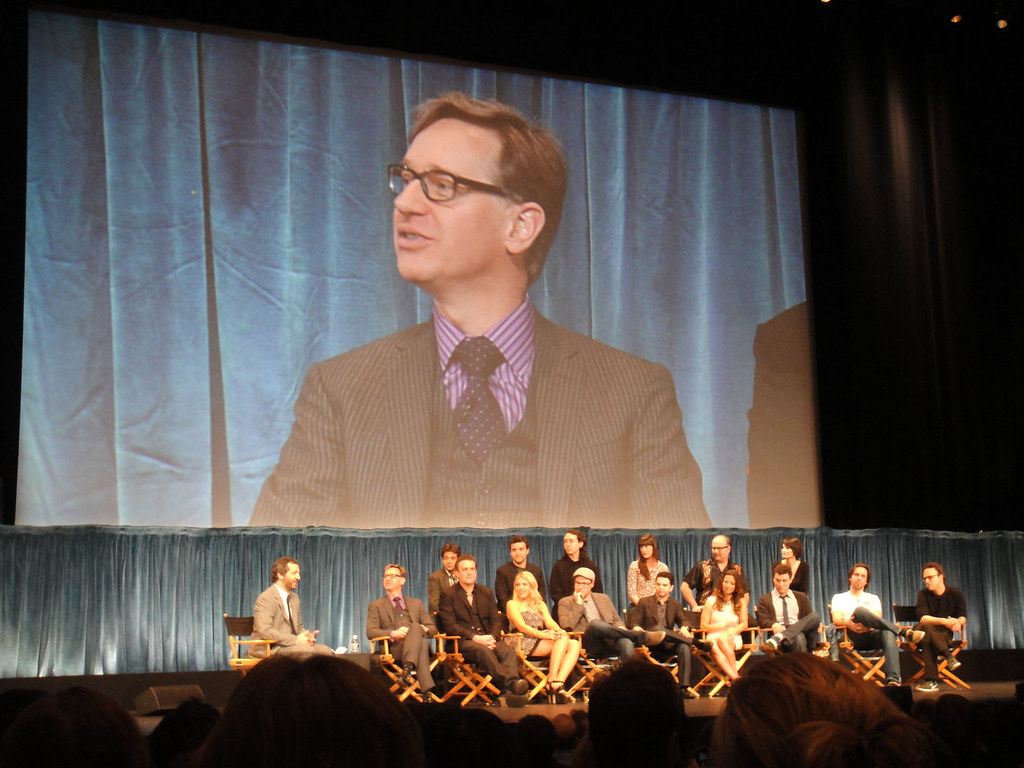
8. Co-Producer
The journey of bringing a production to life is rarely a solitary endeavor, and often, the monumental task requires a collective effort at the highest levels. This is where the Co-Producer steps into the spotlight, embodying the spirit of shared responsibility within the production team. A Co-Producer is fundamentally a member of a collective, working alongside other producers to fulfill the myriad functions and roles that a single producer might typically undertake on a smaller project.
Their contributions are as varied as the projects themselves. A Co-Producer may bring vital funding to the table, securing crucial financial backing that helps greenlight the project or extends its production capabilities. Beyond mere capital, they often provide significant creative input, helping to shape the narrative, refine artistic choices, or contribute to the overall aesthetic direction. Crucially, they can also leverage their extensive network to secure valuable distribution connections, ensuring the film or series reaches its intended audience.
In the landscape of larger studios and more complex productions, it’s common for Co-Producers to specialize, splitting comprehensive responsibilities with the lead producer. This specialization allows for a more focused approach to specific production areas, whether it’s expertly navigating the intricacies of visual effects, meticulously handling music licensing, or tirelessly working to secure top-tier talent for the project.
This collaborative model ensures that the vast and often overwhelming demands of a major production are effectively distributed, allowing for deeper expertise in each specific domain. The Co-Producer, therefore, is not merely a title but a testament to the power of teamwork at the helm, proving that sometimes, two (or more) heads are indeed better than one when it comes to steering a project to success.
Read more about: Zendaya’s Evolution: Tracing a Path from Rising Star to Producing Force, Highlighted by Her 2025 ‘Be My Baby’ Role

9. Assistant Producer (AP)
While the title “Assistant Producer” might suggest a purely junior role, its importance to the smooth functioning of a production cannot be overstated. Often working closely with lead producers, an Assistant Producer provides essential hands-on support, making sure that the daily operational gears are well-oiled. It’s vital to distinguish this role from an Associate Producer; while both offer support, the Assistant Producer often tackles more direct, on-the-ground tasks, ensuring immediate needs are met.
Their duties are highly practical and incredibly diverse, forming the backbone of day-to-day execution. Assistant Producers are frequently found assisting producers directly on set, ensuring that logistical requirements are fulfilled and communications flow efficiently between various departments. They are also instrumental in conducting crucial research, gathering background information that might inform creative decisions or factual accuracy, particularly in documentary or factual programming.
Beyond the immediate needs of production, Assistant Producers often play a key role in maintaining the historical and administrative integrity of a project. This can involve meticulous management of production archives, ensuring that all documentation, footage, and records are properly cataloged and stored for future reference, alongside coordinating post-production screening schedules or diligently managing intricate production insurance documents. Their support is crucial.

10. Production Manager
Steering a production through its various stages demands an individual with an eagle eye for logistics and an uncanny ability to foresee and mitigate potential roadblocks. This is the domain of the Production Manager, a crucial role that, while not always carrying the “producer” label in its title, is unequivocally integral to the successful execution of any film or video project. They work in close tandem with Line Producers, ensuring that the project’s practical elements are flawlessly managed.
The Production Manager is the architect of the daily operational flow. Their responsibilities include drafting the all-important call sheets, which dictate who needs to be where, when, and with what equipment each day, effectively choreographing the entire crew. They meticulously manage equipment rentals, ensuring that the right gear is available at the right time, and are adept at resolving the inevitable scheduling conflicts that arise on a busy set, acting as a crucial problem-solver.
In dynamic environments, such as a fast-paced TV advert production, the Production Manager’s expertise in coordinating quick turnarounds becomes invaluable. They are the ones ensuring that post-production deadlines are not just met but precisely align with critical marketing release dates, a synchronization essential for commercial success. Their proactive approach in these high-stakes scenarios can be the difference between a triumphant launch and a costly delay.
Ultimately, the Production Manager is the operational maestro, harmonizing every logistical detail to keep the production running like a well-oiled machine. Their diligent oversight of the day-to-day mechanisms allows the creative vision to be realized without practical hitches, making them an indispensable force in guiding the project from its initial concept through to its final, polished delivery.
Read more about: Quincy Jones, the Master Orchestrator Whose Boundless Influence Reshaped Global Music and Entertainment, Dies at 91
As we’ve journeyed through the intricate hierarchy of production, from the strategic visionaries to the meticulous logistical champions, one truth becomes abundantly clear: the world of film and television relies on an army of dedicated producers. Each role, with its distinct responsibilities, is a vital cog in an elaborate machine, collectively guiding a project from the faintest whisper of an idea to its triumphant roar on screen. This deep dive reveals that ‘producer’ is far more than a simple credit; it is a testament to unwavering commitment, financial acumen, creative guardianship, and an unparalleled ability to navigate the unpredictable currents of storytelling. It’s this multifaceted expertise that truly guarantees a project’s success, transforming vision into reality, one perfectly managed detail at a time.

